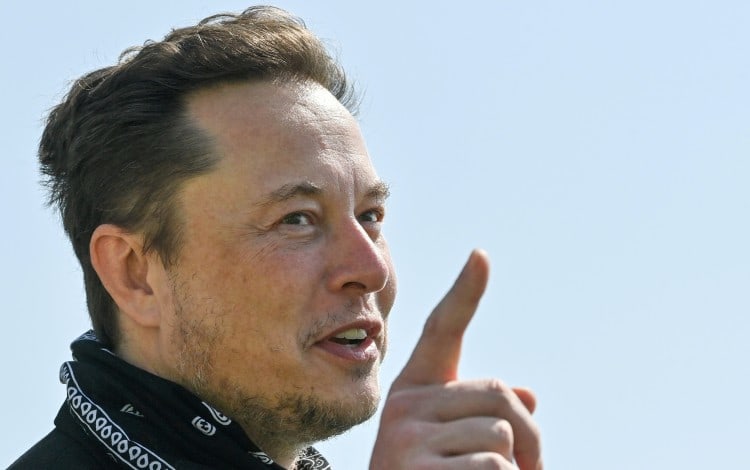
Each trend has its winners and losers.
The first are those who got on the train early. The second are those who arrived shortly after the train left the station and had to wait for the next one.
Since the success of ChatGPT, which was unveiled to the general public on Nov. 30 by OpenAI, the startup that developed the conversational robot, investors have been asking: Who are the potential winners of the artificial-intelligence-technology race?
AI enthusiasts and detractors alike agree that this revolutionary technology, the new paradigm after the internet and the cloud, is here to stay.
AI is expected to cut significant corporate costs, create jobs that did not exist, and render many current jobs superfluous, experts say.
Postpandemic Adoption of AI
"The pandemic crisis changed the way businesses operated and increased business complexities," according to a report from Fortune Business Insights. "In order to adopt these changes, companies shifted their work processes on cloud.
"This surged the adoption of advanced technologies such as Al, machine learning, and others. The health-care sector was among the early adopters of this technology, which improved the accuracy and efficiency of diagnosis, treatments, and forecasting."
The global artificial intelligence market was valued at $428 billion in 2022, is projected to reach $515.31 billion in 2023, and then more than triple to $2.02 trillion by 2030, according to the report.
These numbers could be revised upward as we close in on artificial general intelligence, or AGI. That's the main goal of AI users -- the point at which a machine can understand or learn anything that humans can.
But some observers go even further and speak of reaching singularity, which is the time when technological evolution gives rise to machines that are more intelligent than humans.
Singularity also means that tech progress is so rapid that it would exceed humans' ability to understand, predict and control it.
The AGI race is helping determine the winners of the AI revolution, Elon Musk, seems to suggest. Musk, the entrepreneur who was an early backer of OpenAI, is building his own AI platform.
Tesla (TSLA), the electric-vehicle manufacturer Musk leads as CEO, has a key application of AI in its Full-Self-Driving system, its driver-assistance functionality designed to eventually make its cars completely autonomous.
For the billionaire the first real winners in AI are not particularly sexy. They are the manufacturers of the processors needed to train, develop and run the machines using AI. As the race intensifies to reach AGI, demand for the processors will increase.
Graphics-Chip Makers See Huge AI Potential
Here's what Musk just suggested in a thread on Twitter.
"Sam Altman telling investors he may need as much as a $100 billion to make AGI,” said a Twitter user on June 11, referring to the OpenAI boss.
"GPU companies when they hear that,” the billionaire responded, with a meme showing someone rubbing their hands and looking very pleased.
This post clearly suggests that for Musk, manufacturers of the graphics processing units are the cornerstone of AI for now.
The demand for processors that can enable the hardware needed to stream complex content in fractions of seconds from data centers worldwide is such that some analysts wonder whether the chip producers can meet it.
These processors are called neural network accelerator chips, or NN accelerators.
The billionaire's message comes at a time when Nvidia, one of the GPU manufacturers, has become the darling of the markets. Its graphics processing units are used to train and develop AI systems through machine learning and deep learning programs.
Nvidia (NVDA) shares have more than doubled (up 165%) this year, putting the Santa Clara, Calif., company's market value near $600 billion.
The company recently unveiled its AI supercomputer platform called DGX GH200, which is currently used by Google Cloud, Meta Platforms and Microsoft. This new supercomputer helps tech companies create more AI-related products, which require more complex computing tasks.
Action Alerts PLUS offers expert portfolio guidance to help you make informed investing decisions. Sign up now.







